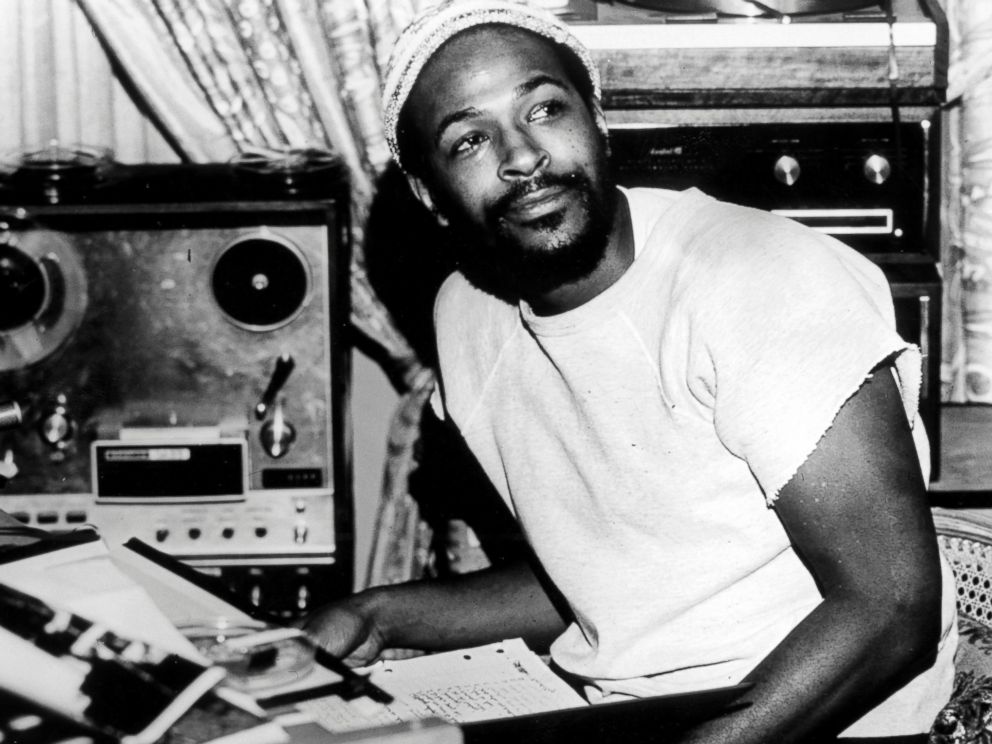Pharrell Williams, Robin Thicke Verdict: How 'Blurred Lines' Case Could Change Music Industry ... or Not
Thicke, Williams said it "sets a horrible precedent for music and creativity."
— -- After a jury ruled Pharrell Williams and Robin Thicke copied elements of a Marvin Gaye song for their hit, "Blurred Lines," the artists jointly said the ruling "sets a horrible precedent for music and creativity going forward" -- and their opinion seems to have struck a chord.
"If this constitutes copyright infringement, then there's gonna be so many lawsuits," said Michael Harrington, chairman of the Music Business Program at the SAE Institute Nashville. "Because there's no melody in common, no matter what anyone wants to say. There are no chord changes, there's no rhythm issue, there are no lyrics. So I've never seen anything like that.
"I hope they appeal it 'cause this is just really absurd," Harrington told ABC News' Andrea Dresdale.
The lawyer for the "Blurred Lines" performers, Howard King, insisted they did not copy Gaye's hit "Got to Give It Up," but merely let an artist and vibe inspire them. He said the jury's decision might make record companies reluctant to release music that draws on similar inspiration.
On the other hand, a lawyer for the Gaye family said that's not what the case was about at all.
"They made comments about how this was about a groove and how this was about an era and how this was about a genre," Richard Busch told reporters after the verdict. "It wasn't. It was about the copying of 'Got to Give it Up.'"
Many seem to disagree.
Bob Stanley of the pop group Saint Etienne wrote in The Guardian that it was a "terrible shame, and an absolute disaster for music," that Gaye’s family couldn't see that being inspired by Gaye was an "honorable thing."
"If anyone has ever compared a new band to Saint Etienne, I’ve been flattered that we might be an influence," Stanley wrote.
Bryan Vaughan, founder of Brooklyn's independent record label Paper Garden Records, told ABC News that artists should be encouraged to be inspired by the "vibe" of their idols "in order for music to progress."
"This verdict does appear to potentially stifle future creative freedom and expression in a big way, though, and could certainly cause a wave of new legal battles," he said.
A pair of copyright experts disagreed on how the jury verdict will affect the industry.

Leigh Ann Lindquist, intellectual property attorney with Sughrue Mion in Washington, D.C., said it may have a chilling effect, and "artists will need to consider whether or not they need to obtain a license from a copyright owner."
However, Kevin Parks, a partner at Leydig, Voit and Mayer's Chicago office, and author of "Music & Copyright in America: Toward the Celestial Jukebox," didn't believe that the verdict would chill creativity. The question in this case, he added, has clear ground rules in copyright law, centering on whether there was "substantial similarity” between two works.
Having celebrities involved, though, made it a bigger deal, because, "It takes what’s otherwise a routine issue in copyright matters and makes it a cause célèbre for the moment."
Harrington, on the other hand, seemed to buy the "Blurred Lines" performers' argument that a vibe or style cannot be copyrighted.
"If it sounds like something -- like, they both have cow bell or Coke bottle, whatever it is, virtually in the same speed," he said, "[or] you hear people in the background having a good time. I think it's that vibe and that, you know -- he sings a falsetto, you hear that in both songs. ... That's what [the jury] fell for."




